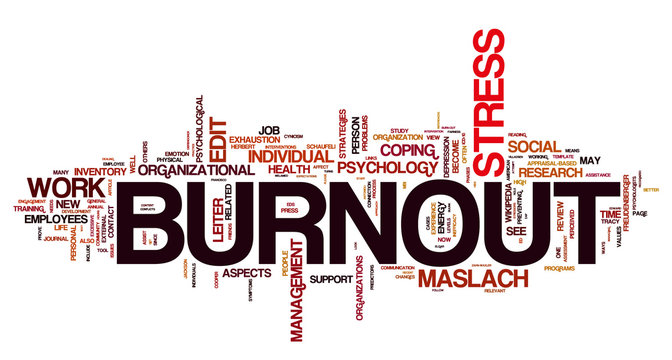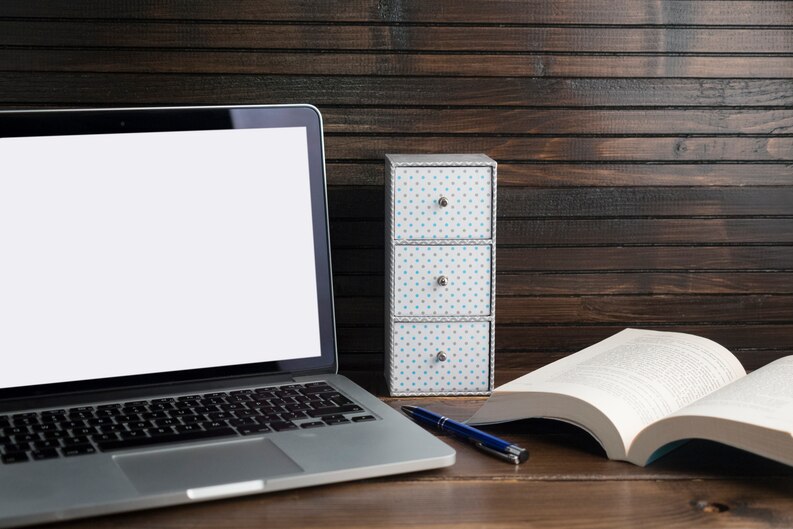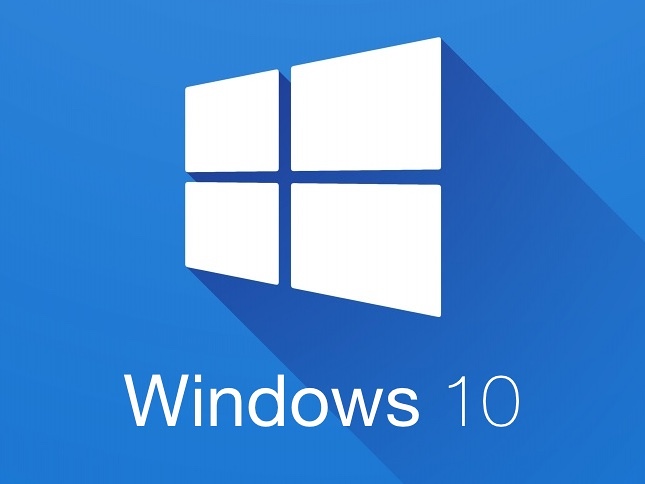Introduction
Burnout is a feeling of extreme tiredness that happens when you work too hard or feel too stressed. It can affect your mood, energy, and even your ability to learn. Whether you are a student, a worker, or just someone who feels overwhelmed, knowing how to handle burnout is important. By using simple techniques and smart Stress Management Tips, you can learn how to relax, recharge, and feel better every day.
In this article, we will explore what burnout is, why it happens, and most importantly, how you can recharge. We will cover topics like self-care, relaxation techniques, and ways to improve your work-life balance. Our goal is to provide you with easy-to-understand advice that can help turn a tiring day into a refreshing one. Let’s discover how to take small steps towards a happier, more balanced life.
What Is This and That: Understanding Burnout and Recharge
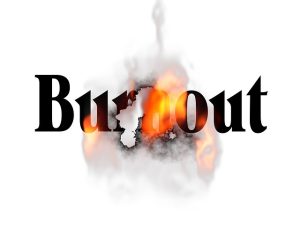
What is burnout?
Burnout is when you feel very tired and stressed for a long time. It can make you feel sad, angry, or even not care about things you once loved. Burnout happens when you do too much without taking time to rest. It can affect your body and your mind. When you are burned out, even simple tasks feel hard.
What does it mean to recharge?
To recharge means to rest, relax, and get your energy back. It is like when you charge a battery so it can work again. When you recharge, you take time for self-care and fun activities that help you feel happy and strong. Learning how to handle burnout and recharge is like learning a secret to keeping your energy high and your mind clear.
The Causes of Burnout

Many things can cause burnout. Working too many hours, having too many responsibilities, or even spending too much time on digital devices can make you feel worn out. Lack of sleep, poor nutrition, and little time for fun can also lead to burnout. It is important to notice the signs early so you can start to handle burnout before it gets worse.
When you feel burned out, you might notice that you get upset more easily or have trouble concentrating. You might feel like you have no energy to do the things you enjoy. These are all signs that you need to recharge. Recognizing burnout is the first step to managing it.
How to Handle Burnout: Tips and Strategies
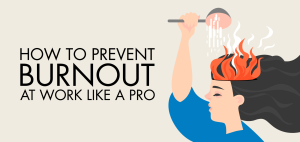
Handling burnout means taking care of yourself with simple habits that help you relax and feel better. Here are some easy strategies to help you handle burnout and recharge:
Start by taking a break. When you feel overwhelmed, step away from your work or screen for a few minutes. Do something that makes you happy, like reading a book, drawing, or listening to music. A short break can help clear your mind.
Make sure you get enough sleep. Sleep is like magic for your brain and body. When you sleep well, you have more energy and can think clearly. Try to go to bed and wake up at the same time every day.
Eating healthy foods is another important tip. Foods like fruits, vegetables, and whole grains give you the energy you need. Drinking water throughout the day can also help you feel refreshed.
Exercise is a great way to reduce stress. It doesn’t have to be hard work—a walk, dancing, or playing your favorite sport can make a big difference. When you move your body, you release chemicals that make you feel happy.
Spending time with friends and family is also important. Talking and laughing with people you care about can make you feel supported. Remember, you are not alone. Sharing your feelings with someone can help you feel better and more understood.
How to Recharge Your Energy and Mind

Recharging means giving yourself the time and space to rest and recover. Here are some easy ways to recharge:
Create a calm space at home where you can relax. This could be a cozy corner with soft pillows and your favorite books. A quiet place can help you unwind after a busy day.
Practice deep breathing. Take slow, deep breaths and focus on your breath. This simple exercise can calm your mind and reduce stress. It is a great tool to use whenever you feel overwhelmed.
Try activities that make you happy. Hobbies like painting, playing music, or gardening can be fun and relaxing. When you do something you enjoy, you naturally feel more relaxed and recharged.
Mindfulness is another great way to recharge. It means paying attention to the present moment. Try to focus on what you are doing without worrying about the past or future. Mindfulness can help you feel more grounded and less stressed.
A Table of Burnout Recovery Tips
Below is a table that summarizes simple tips to handle burnout and recharge your energy. This table can serve as a quick guide to remember what steps to take when you feel overwhelmed.
| Tip | What It Means | Benefit |
|---|---|---|
| Take Regular Breaks | Step away from work or screens to relax | Clears your mind and reduces stress |
| Get Enough Sleep | Ensure you have a consistent sleep schedule | Boosts energy and improves concentration |
| Eat Healthy | Consume fruits, vegetables, and whole grains | Provides necessary energy and nutrients |
| Exercise Daily | Engage in physical activities like walking or dancing | Releases happy chemicals and improves mood |
| Practice Deep Breathing | Take slow, deep breaths to calm your mind | Reduces anxiety and helps you relax |
| Enjoy Hobbies | Spend time on activities you love | Recharges your mind and increases happiness |
This table offers a clear overview of the steps you can take to feel better and manage burnout. Each tip contributes to a balanced and healthy life.
How to Build a Routine to Prevent Burnout
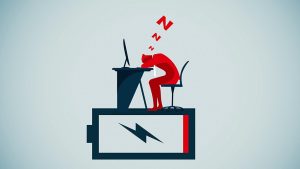
A good routine helps you manage your time and energy, so you are less likely to Feel Burned Out. Start your day with a simple plan. Write down a few tasks you want to complete, but make sure to include time for breaks and fun activities. A balanced routine helps you stay organized and reduces stress.
It is also important to set realistic goals. Don’t try to do too much at once. Focus on one thing at a time and celebrate small wins. When you achieve your goals, even if they are small, you feel more motivated and less overwhelmed.
Try to incorporate activities that relax you into your daily schedule. Whether it is reading, listening to music, or taking a short walk, these small moments of relaxation add up. Over time, a balanced routine helps you handle burnout and keep your energy levels high.
How to Improve Your Work-Life Balance

Work-life balance is a key part of preventing burnout. When you have a good balance, you have time for both work and fun. It is important to set boundaries. Decide when to work and when to relax. For example, you might decide to stop checking emails after a certain time in the evening.
Plan activities that bring joy and relaxation into your life. Whether it is spending time with loved ones or pursuing a hobby, these activities help you recharge. A balanced life means you are not always focused on work, which reduces stress and helps you feel happier.
Learn to say no when you need to. Overcommitting can lead to burnout. It is okay to set limits and prioritize your well-being. When you take care of yourself, you are better able to handle work and other responsibilities.
How to Manage Stress with Relaxation Techniques

Stress is a common part of life, but there are many ways to manage it. Relaxation techniques can help you feel calmer and more focused. One simple method is deep breathing. Sit comfortably, close your eyes, and take slow, deep breaths. Imagine breathing in calm and breathing out stress.
Another helpful technique is meditation. Find a quiet spot, sit down, and focus on your breath. Even a few minutes of meditation can clear your mind and ease tension. You can also try progressive muscle relaxation. This involves tensing and then relaxing different parts of your body. It is a great way to release physical tension.
Listening to soothing music or nature sounds can also help you relax. Create a playlist of calming tunes and play it when you feel stressed. These techniques are simple but effective ways to handle burnout and recharge your mind and body.
Conclusion
Handling burnout and learning how to recharge is essential for a happy and healthy life. When you take care of yourself with good stress management and self-care habits, you can prevent burnout and enjoy your daily activities. Simple steps like taking breaks, getting enough sleep, eating healthy, and practicing relaxation techniques can make a big difference. Creating a balanced routine and maintaining a good work-life balance are key parts of keeping stress at bay.






